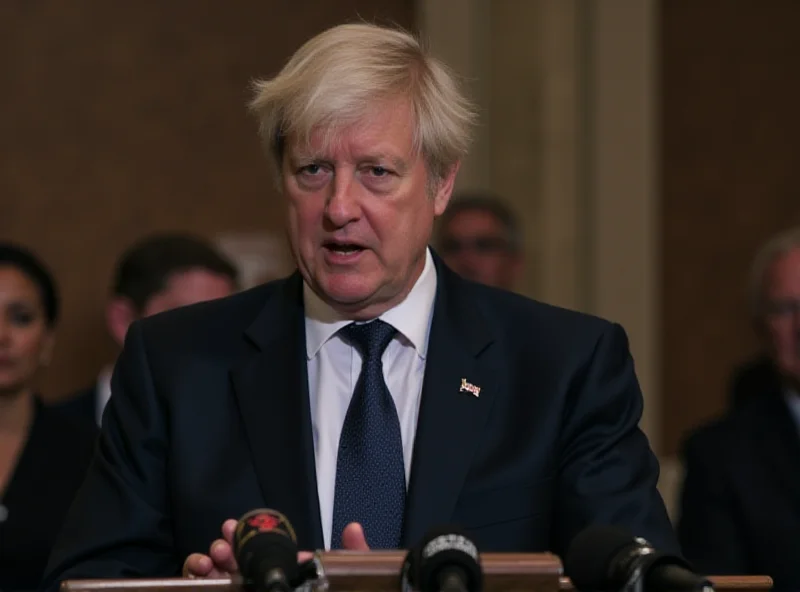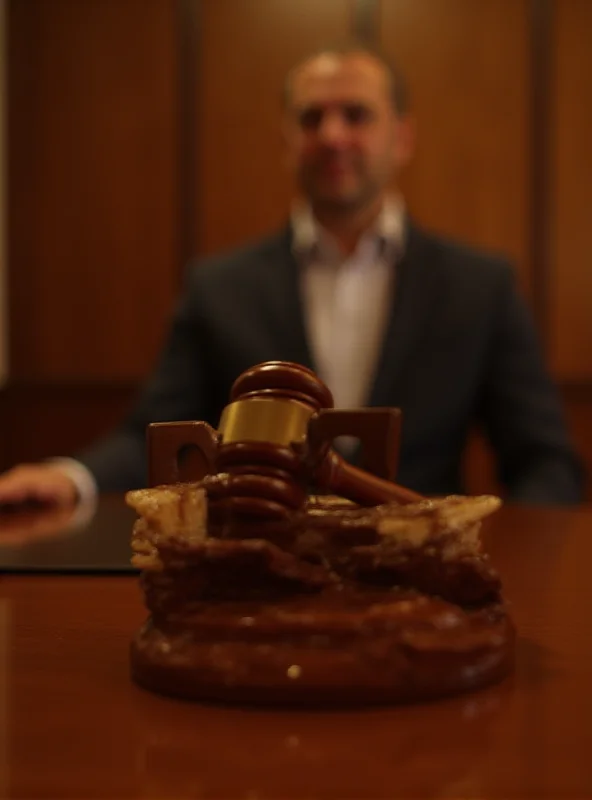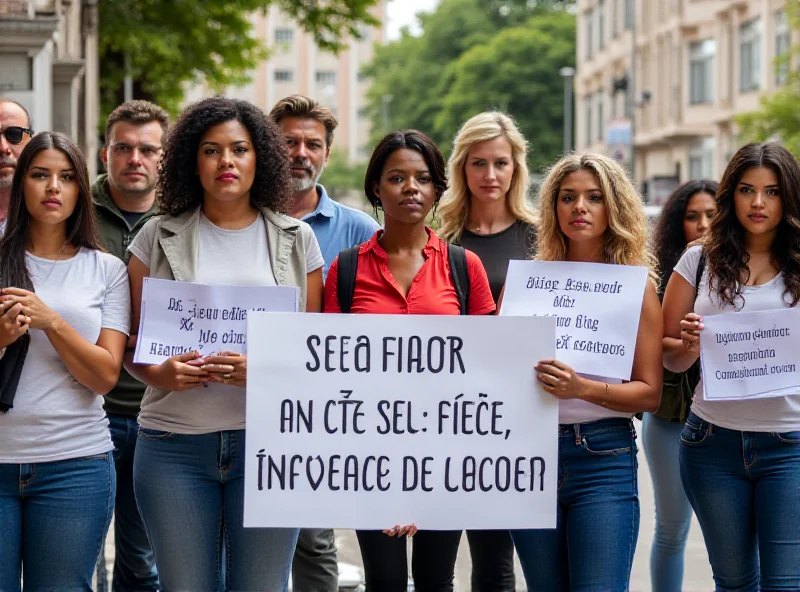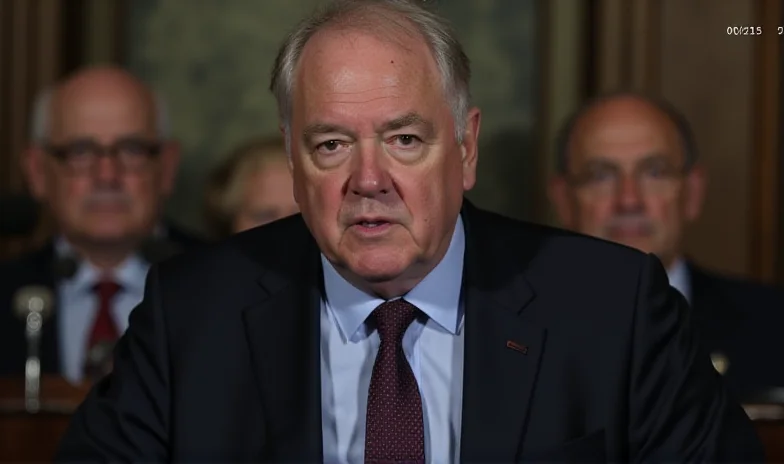Spanish politics is currently facing a turbulent period marked by scandals, controversies, and public unrest. From allegations of corruption to union protests, several key issues are dominating the headlines and raising questions about governance and accountability.
The Ábalos Connection and its Fallout
One of the most prominent scandals involves Jéssica R., the ex-partner of Ábalos, and its potential implications for Ministers Puente and Planas. Allegations suggest that Jéssica R. received payments from public companies Ineco and Tragsatec without fulfilling her designated role. The details of this scandal are emerging through various pieces of evidence, including a laptop, an interview, and a contract communicated via email. The total amount involved exceeds 31,000 euros.  This situation has sparked outrage and calls for further investigation into potential misuse of public funds and influence.
This situation has sparked outrage and calls for further investigation into potential misuse of public funds and influence.
"The actions of those in power must be held to the highest standards of transparency and accountability," stated a prominent opposition leader.
Adding to the complexity, the article draws a parallel between the "rowdy and stale" Spain depicted by Berlanga and the actions of Ábalos, expressing surprise at his rapid rise within a feminist party. This connection raises questions about the values and priorities of the political establishment.
Tax Harmonization Debate
Another contentious issue is the debate surrounding tax harmonization among Autonomous Communities. Illa has proposed to ERC a "fiscal harmonization" plan that includes restoring the Succession tax on a national scale. This move is seen as an attempt to limit the ability of Autonomous Communities to lower taxes, particularly in response to Ayuso's policies.  Illa argues that these regional tax cuts have "gone too far" and are creating imbalances within the country. This proposal has ignited a fierce debate about fiscal autonomy and the balance of power between the central government and regional authorities.
Illa argues that these regional tax cuts have "gone too far" and are creating imbalances within the country. This proposal has ignited a fierce debate about fiscal autonomy and the balance of power between the central government and regional authorities.
Museum Closure and Union Protests
Adding to the political unrest, the Museo del Arte Prohibido (Museum of Forbidden Art) has temporarily closed its doors following a union protest. The trigger for the strike was the termination of the museum's contract with MagmaCultura and concerns over poor working conditions for its employees.  This closure highlights the ongoing struggles faced by workers in the cultural sector and the importance of fair labor practices.
This closure highlights the ongoing struggles faced by workers in the cultural sector and the importance of fair labor practices.
The series of events paints a picture of a nation grappling with complex political and social challenges. As these issues continue to unfold, they are likely to have significant implications for the future of Spanish politics.

